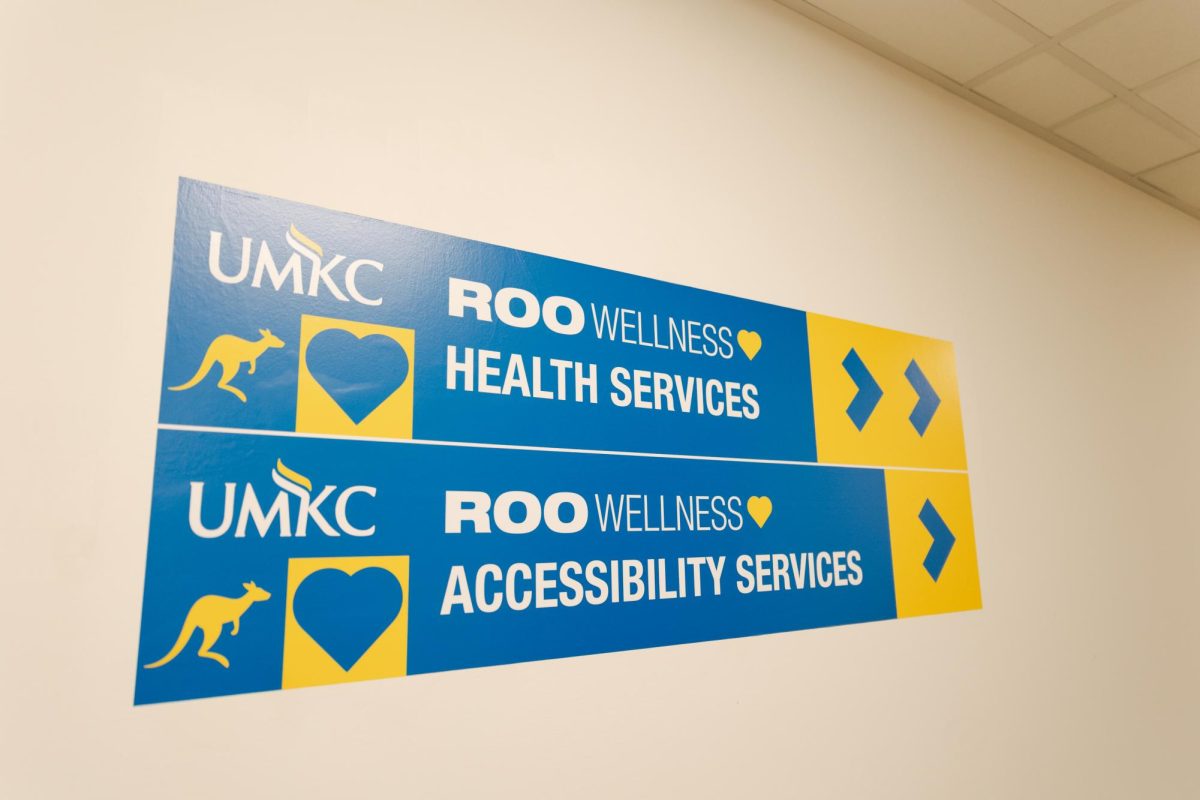As conversations regarding mental health have risen in relevance, the push for people to go to therapy has too. With outspoken celebrities and politicians, a modern, positive narrative about going to seek treatment, one of acceptance, appeared.
Arguments against seeking out help and supporting the removal of the practice are gaining traction because of climbing rates to see professionals and some patients not seeing results. Issues like lack of accessibility, months-long waiting lists and a shortage of available insurances make it difficult to find clinicians.
Receiving assistance can be unattainable for the average KC resident, with Missouri falling in the bottom 12 for worst mental health services and Kansas coming in dead last.
These obstacles are prevalent in the community and nationwide. The popularization of encouraging people not to go to therapy in online circles causes alarming opinions about mental health treatment. This enormous step back undermines the numerous concrete and beneficial impacts of aid from a clinician, while not addressing the root causes of the problems.
Despite what some think, therapists are not out to get those they help or make a couple extra dollars just because they have a completely booked schedule or cannot be contacted. Practitioners are in an overworked field with decreasing resources and limited funds.

Following the COVID-19 pandemic, over 42 million Americans sought some sort of assistance for mental health, a significant increase since the early 2000s. In 2022, 45% of therapists reported feeling like they couldn’t handle their workload, a 15% increase from 2020.
Insurance companies not financially covering these life-changing services shouldn’t be blamed on clinicians. These organizations use loopholes to avoid paying for useful resources, and in 2022, the Department of Labor addressed the shortcuts the companies put in place.
U.S. Secretary of Labor Marty Walsh said, “Insurance companies are falling short of providing parity in mental health and substance-use disorder benefits, at a time when those benefits are needed like never before.”
Mental health needs continue to grow across the nation with more than 160 million Americans not living in an area with access to professionals.
With a national shortage of clinicians, many are understandably frustrated with the system. The public needs to focus the attention on the institution, not the act of therapy.
The problems that cause harm directly relate to systematic issues within insurance and the healthcare system, accessible schooling for therapists and a general unhappiness among those who live in America.
Hating mental health treatment does not fix any of these concerns, but it does disparage the multitude of benefits.
Going to therapy can provide coping and self-regulation skills, communication tactics, tools to deal with psychological disorders and an overall better state of living. Long-term patients see even greater results with over 74% of patients having almost no psychiatric symptoms.
With suicide and mental illness rates on the rise since 2020, societal opinion toward mental health treatment must stay filled with openness and a lack of shame.





















Bill Bell • Oct 12, 2023 at 2:00 pm
Important topic. Excellent research and writing. Wonderful job, Aurora.